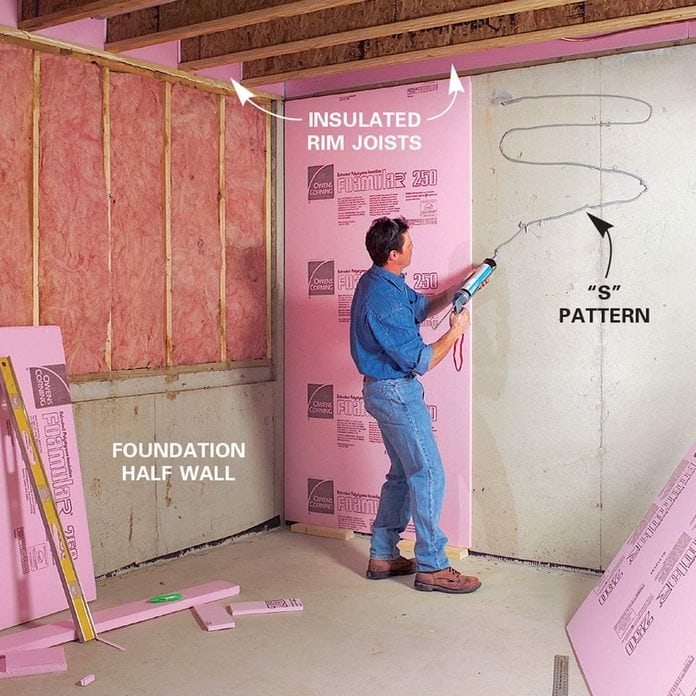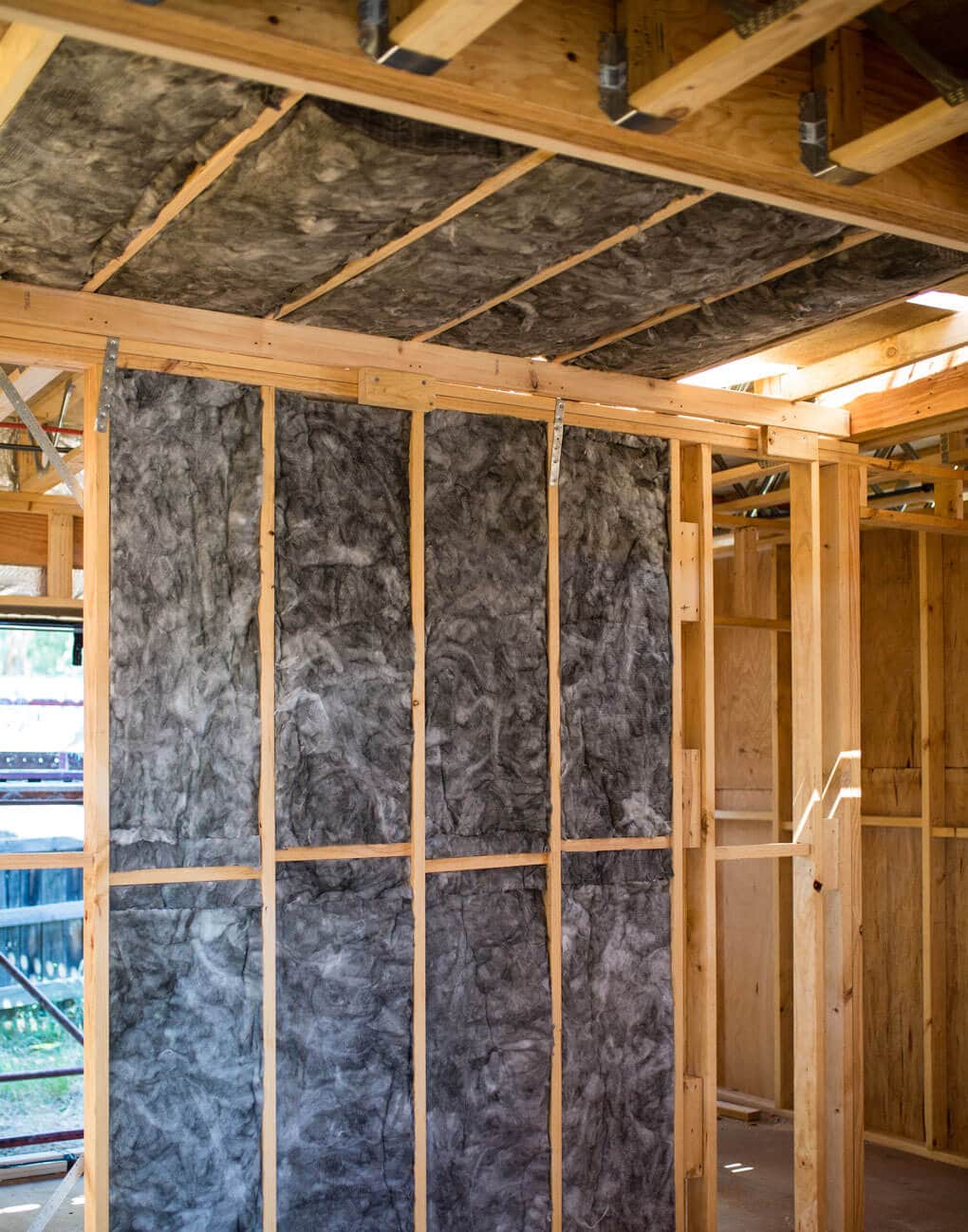- Home
- Basement Wall Insulation
Basement Wall Insulation
BASEMENT WALL INSULATION
Are you looking for professional and reliable basement wall insulation service?
Here at Performance Energy, we know you don’t want to allow temperatures into the house or out of the house by having poor insulation. However, basement walls require a bit more precision and forethought.
Basement walls can be insulated in three main ways; on the exterior of the wall, on the interior of the wall, or on both. Choosing the right way is all about finding out which way your building was built. This will determine how you move forward. Rest assured, we have the experience to meet your exact needs.

PREP
Basements are unique from other parts of your home, and so have unique insulation needs. The biggest factor to take into consideration is airtightness. Basements can get moist and moldy very quickly. Warm air inside and frigid concrete walls create the perfect environment for condensation to appear.
Whatever installation method you use, it is important to be prepared to seal every gap, nook, and cranny. As long as the indoor air doesn’t touch the concrete walls, condensation shouldn’t be able to form and moisture shouldn’t be an issue. Termites could also present an issue, depending on where you live. If they are prevalent in your area, we will do some research on the building codes in your area. In some areas, they’ll require a three-foot exposure of cement walls from the ceiling.
Finally, we like to avoid using polyethylene. These sheets are another moisture trap and could lead to mold. Because basements are underground, they’re more moisture-prone than other areas of your home. It’s important to take precautions when building or when renovating to ensure you aren’t inviting it. Basements can also be difficult to climate control with a central air system, so quality building and materials are a must.
INSTALLATION
Some of the most important factors when it comes to installing your insulation in your basement are materials and tools. The basement is the most finicky part of the home, so when we do an insulation job in a basement, we keep that in mind when we’re shopping for materials.
Depending on the type of insulation, you may need some kind of adhesive. Basement wall insulation needs to adhere directly to the cement so that cracks and crannies can be sealed to prevent moisture, but the type of adhesive used is important. While it should be compatible with the insulation you choose, it should not be water-soluble or otherwise susceptible to moisture. We keep the high-grade materials on hand to ensure the best installation and longevity.
Then, you need to decide if you’re going to install drywall or Thermax. The primary reason to install either is to create a thermal barrier. This separates the foam from the living space and is another aversion to moisture. It can additionally improve a cooling system’s ability to control your basement’s climate. While Thermax will be naturally moisture-resistant, if you do choose to go with drywall you should look for moisture-resistant green board. Otherwise, it will create the problem it attempts to correct by holding moisture inside the absorbent material.
Drywall also begs the question of the use of mesh or paper tape. The tape is used to cover the seams in your drywall panels for a seamless look. Paper tape tends to provide a smoother, cleaner finish, however, it does not come with adhesive and will require the use of a joint compound. You or your builder will need to be selective about the type of compound because it can attract moisture. Mesh is a safer bet but may be less smooth aesthetically on the finished project.

CONTACT US TODAY
Drywalling is something we can help you work with your contractor on, because the installation of a thermal barrier will affect the life of the insulation we’re installing in your home. No matter how you choose to insulate your basement, it’s most important to ensure it’s done correctly to keep you and your build safe from damage and the effects of moisture and mold. For that reason, rigid foam boards are often the material of choice for basement insulation.
For your basement wall insulation needs, don’t hesitate to reach us out.